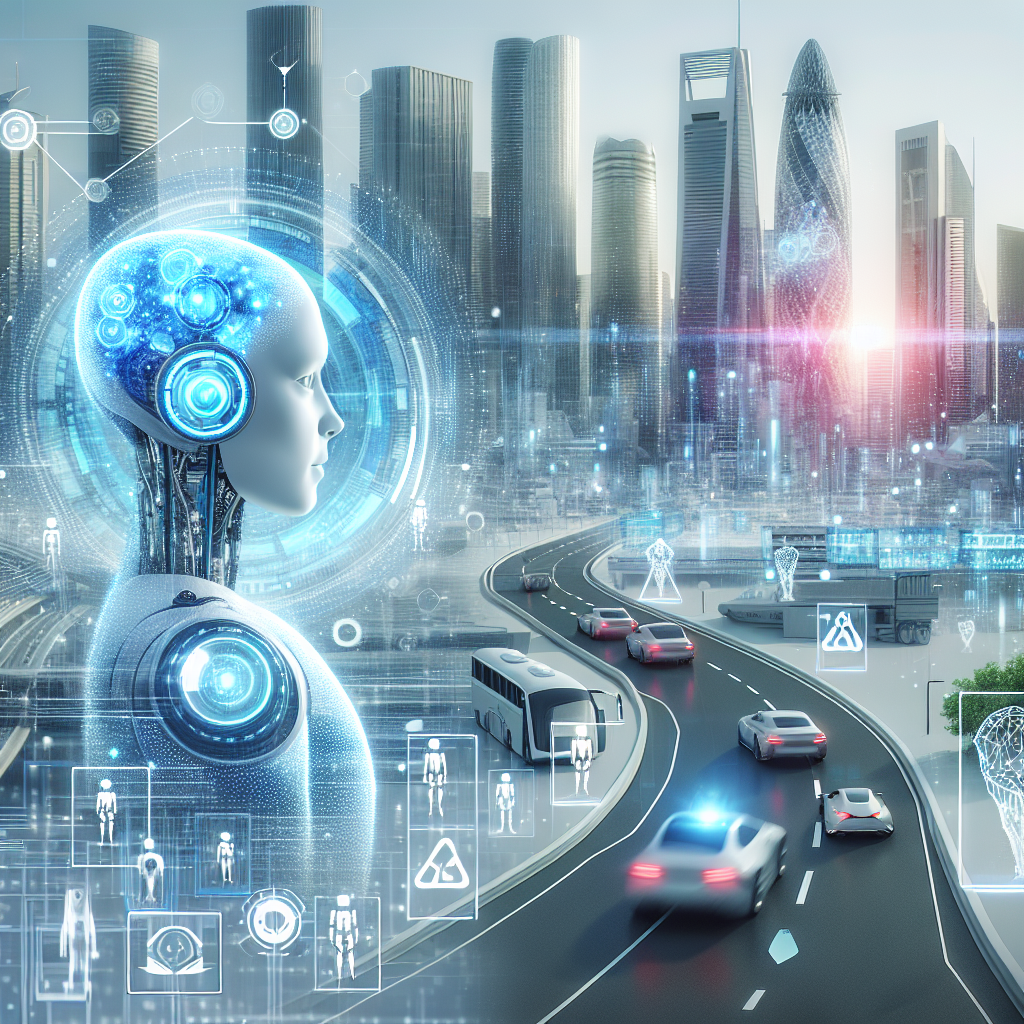The Impact of AGI on Society: Are We Ready for the Future?
Artificial General Intelligence (AGI) is a term that refers to a type of artificial intelligence that has the ability to understand, learn, and apply knowledge in a way that is indistinguishable from human intelligence. AGI has the potential to revolutionize many aspects of society, from healthcare and education to transportation and communication. However, the development of AGI also raises a number of ethical, social, and economic concerns that must be addressed before it is fully integrated into our daily lives. In this article, we will explore the impact of AGI on society and discuss whether we are ready for the future that it promises.
The Potential Benefits of AGI
One of the most exciting aspects of AGI is its potential to enhance our quality of life in a variety of ways. For example, in the field of healthcare, AGI could revolutionize the way that diseases are diagnosed and treated. With its ability to process vast amounts of data and identify patterns that human doctors might miss, AGI could lead to earlier and more accurate diagnoses, resulting in better outcomes for patients.
In the field of education, AGI could personalize learning experiences for students, helping them to reach their full potential by tailoring lessons to their individual needs and learning styles. This could help to address the current challenges faced by teachers in providing individualized instruction to a diverse group of students.
AGI also has the potential to improve the efficiency and safety of transportation systems. Self-driving cars, for example, could reduce accidents caused by human error and provide greater mobility for people who are unable to drive themselves. Additionally, AGI could be used to optimize traffic flow and reduce congestion in urban areas, leading to a more sustainable and efficient transportation network.
The Ethical and Social Concerns
While the potential benefits of AGI are vast, there are also significant ethical and social concerns that must be addressed before its widespread adoption. One of the most pressing issues is the impact of AGI on the job market. As AI technology continues to advance, there is a growing concern that many jobs will be automated, leading to widespread unemployment and economic instability.
Furthermore, there are concerns about the potential for AGI to be used for malicious purposes, such as surveillance and control. The development of autonomous weapons, for example, raises serious ethical questions about the role of AI in warfare and the potential for AGI to be used in harmful ways.
Another major concern is the potential for bias and discrimination in AI systems. Because AI algorithms are trained on data that reflects existing social inequalities, there is a risk that AGI could perpetuate and even exacerbate existing biases in areas such as hiring, lending, and criminal justice.
Are We Ready for the Future?
Given the potential benefits and challenges of AGI, the question remains: are we ready for the future that it promises? While there is no simple answer to this question, it is clear that we must take proactive steps to ensure that the development and deployment of AGI are guided by ethical principles and values.
One important step is to establish clear regulations and guidelines for the development and use of AGI. This includes ensuring that AI systems are transparent, accountable, and fair, and that they are designed to prioritize the well-being of individuals and society as a whole.
Another key consideration is the need for ongoing research and dialogue on the ethical and social implications of AGI. By engaging with a wide range of stakeholders, including policymakers, researchers, and the public, we can work together to address the complex challenges posed by AGI and ensure that its benefits are shared equitably.
Ultimately, the future of AGI will depend on our ability to navigate the ethical, social, and economic issues that it raises. By approaching the development of AGI with caution and foresight, we can harness its potential to improve our lives and create a more just and sustainable society for all.
FAQs
Q: Will AGI replace human workers?
A: While AGI has the potential to automate many tasks currently performed by humans, it is unlikely to completely replace human workers. Instead, AGI is more likely to augment human abilities and create new opportunities for collaboration between humans and machines.
Q: How can we ensure that AGI is developed ethically?
A: Ensuring the ethical development of AGI requires a multi-faceted approach that includes transparent and accountable decision-making processes, diverse and inclusive representation in AI research and development, and ongoing dialogue with stakeholders to address ethical concerns and promote responsible AI practices.
Q: What are the potential risks of AGI?
A: The potential risks of AGI include job displacement, bias and discrimination, misuse of AI technologies for malicious purposes, and the potential for AGI to outpace human control. It is essential to address these risks through robust regulation, oversight, and ethical guidelines.
Q: How can we prepare for the future of AGI?
A: To prepare for the future of AGI, we must invest in education and training programs that equip individuals with the skills they need to thrive in a rapidly changing economy. We must also prioritize research and development in AI ethics and governance to ensure that AGI is developed and deployed in a responsible and equitable manner.

